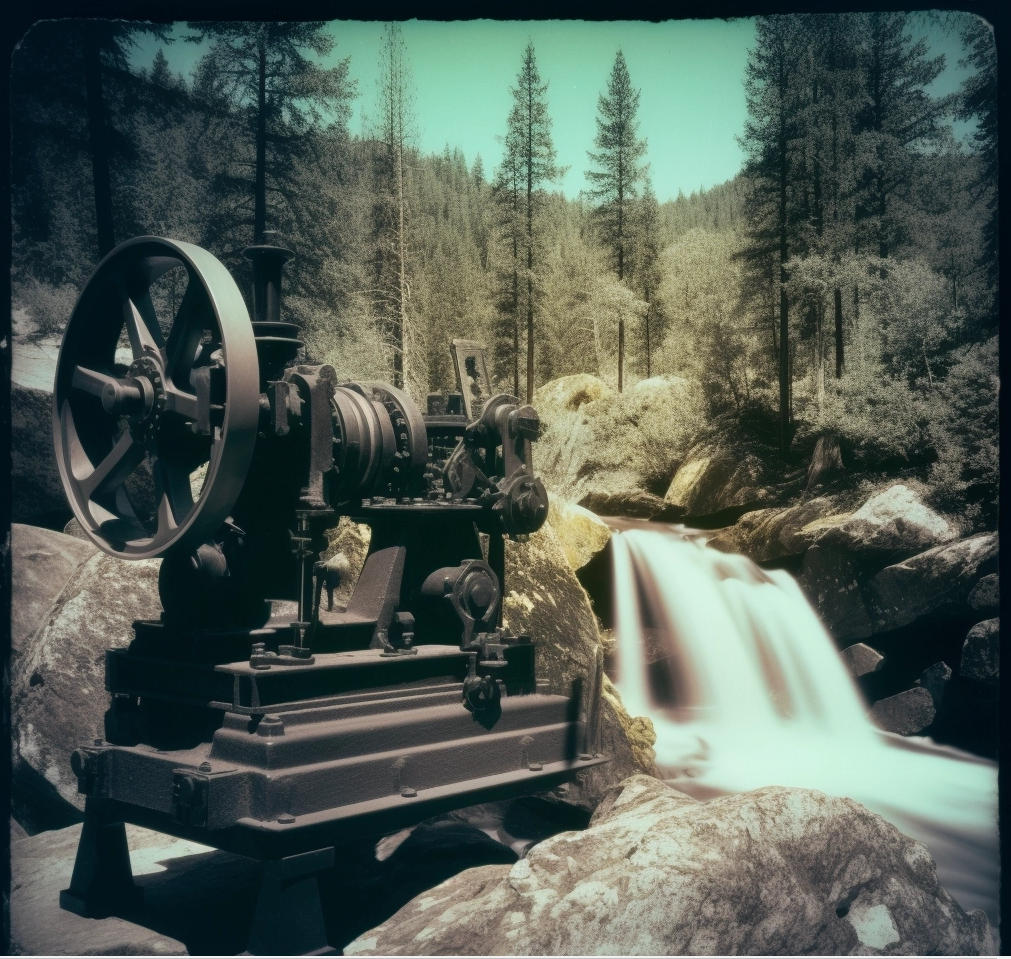
Let’s start by clarifying what science is:
Science is a systematic and logical approach to discovering how the world works. In the most general sense, science involves gathering data, analyzing data, developing hypotheses, and testing those hypotheses. If the methods used to understand a topic are rigorous, and if the treatment of one’s data is valid, a scientist can trust evidence-based reasoning to make rational conclusions about a given topic.
Austrian philosopher Paul Feyerabend wrote:
“There is no scientific method. Scientists are people, and people do all kinds of things for all kinds of reasons.”
– Paul Feyerabend
Can an Individual or Organization Own Science?
No, that’s not possible. Anyone who asserts their sole ownership of science is delusional at best, and potentially malicious.
Science is a collaborative and cumulative process that involves many individuals, dead and living, working together to advance our understanding of the world. While private parties can own patents, copyrights, and other forms of intellectual property, the knowledge and understanding gained through the scientific process ultimately belongs to the scientific community as a whole.
Why does the knowledge produced by scientific research ultimately belong to the community as a whole?
The scientific method involves formulating hypotheses based on observations, and then testing those hypotheses through experiments and data analysis. The method is inherently designed to remove individual biases and personal beliefs in order to arrive at objective conclusions. An organization might claim to ‘own science’ for political purposes, but such a statement would be based on a fundamental misrepresentation of what science is and how science functions.
Scientific knowledge is built upon the work of previous researchers. New discoveries and breakthroughs almost always rely on the findings and insights of others. Additionally, scientific research is regularly funded by public sources, especially in fields that depend on broad scale multidisciplinary research. The knowledge produced from this research can not be claimed as the sole property of any one individual or organization.
To Anyone Who Claims to ‘Be the Science’ or ‘Own Science’
Point and laugh. Arrogant people can not tolerate being mocked, especially when the mockery happens in a public setting.
Next, we should respond in a clear and factual manner. Explain why science — the individualistic methodology — can not be the property of any one person or organization.
It may also help to promote scientific literacy to the public. We can counteract absurdly false claims of ownership by describing the nature of science, its meaning to contemporary society, and the collaborative origins of scientific discoveries.
Finally, we can review the value of Feyerabend’s arguments against a single, fixed scientific method.
